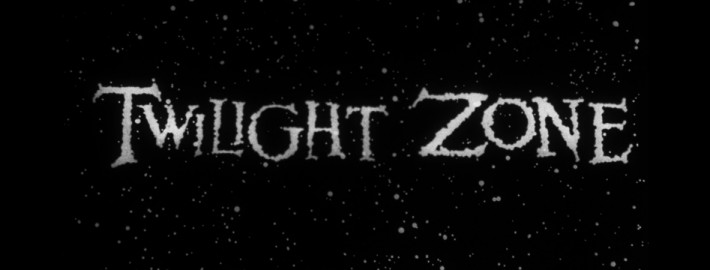The Other “F” Word
The Twilight Zone – “This situation could happen”
“Beyond this door is another dimension: a dimension of sound, a dimension of sight, a dimension of mind. You’re moving into a land of both shadow and substance, of things and ideas. You’ve just crossed over into…the Twilight Zone.”
You’re probably wondering how “The Twilight Zone” is relevant to our industry.
We’ll demonstrate with a case study that outlines an uncomfortable, “is this really happening?” real-world situation. Recently, a lender discovered one of his long-time clients had been inventing invoices and using them as collateral in its bank borrowing base-to the tune of several million dollars. Regrettably, this type of situation can happen, through no fault of yours as a lender. How would you react?
We suggest you add Burke Capital (BCC) to the list of resources you call to assess and remedy the situation.
An Ugly Mess – “A significant drop in the company’s borrowing base”
We received an urgent summons from a bank. The borrower’s CFO had just resigned-after reporting a significant drop in the company’s borrowing base. The bank was in a predicament and needed a trustworthy organization to visit the company, uncover the facts, and recommend a course of action.
Given our reputation as a leader in this area, the bank hired BCC to quickly assess the situation. We determined that revenues, which had dropped off during the recession, were starting to rebound, but capital was depleted. The company didn’t have the resources to support growth, so it generated invoices to provide the necessary borrowing capacity. To complicate the situation, there was a large uncovered payroll due in about a week.
BCC had to confirm the multi-million dollar over-advance, and also had to ask the bank for more money. Talk about a difficult situation!
Bank Meeting – “The amount of money at risk was material”
Once we finalized our assessment, we called a meeting with the bank to outline our findings.
This was a serious situation, the amount of money at risk was material. We presented to the decision makers: the department manager and a very senior credit officer. We didn’t need to guess what they were thinking; we could read the alarm in their faces.
We stuck to the facts in our presentation. Yes, there was an over-advance; yes, we needed to cover payroll; no, there is no other source of capital; and yes, the owner/guarantor has already put all available money into the business. However, we noted that the business appeared viable and should operate at break even after the upcoming payroll was covered. It had many hard-working employees with no idea of the company’s dire financial situation.
The first meeting we had with the bank didn’t result in immediate action. The management team had to discuss the situation internally to determine its course of action, moving very carefully.
Days later we met again and this time everyone rolled up their sleeves and studied the BCC cash flow forecast. Bank personnel showed a keen understanding of the business and asked excellent questions about the billing cycle, customer status, and new business prospects. They challenged the company to show a realistic, defendable forecast. The outlook suggested the problems wouldn’t get worse, and could actually improve over the next quarter.
With BCC’s guidance, the company’s owner admitted he’d made a big mistake. He offered to sell his personal collection of exotic automobiles, valued at several hundred thousand dollars, and reinvest the proceeds into the company. With this humble, human approach, we won the first forbearance agreement and got the payroll covered.
Six months have passed since that meeting. We can proudly report that the bank’s decision was the right one. The company continues to make progress and the bank has bettered its position. This will be a long workout, but both bank and borrower are moving forward.
The Other “F” Word
It’s situations like this that remind us of the other F word: FAITH…faith that bankers can factor in the human element and consider the “subjective” sense of what’s right while evaluating the facts. Decisions made based on analysis combined with gut feel are the best ones. We salute the creative approach these veteran bankers took in this paradoxical situation.
What’s the moral of the story? If you get that dreaded “Twilight Zone” feeling about your borrower’s reporting, and the situation requires more than faith alone, contact us at Burke Capital.



